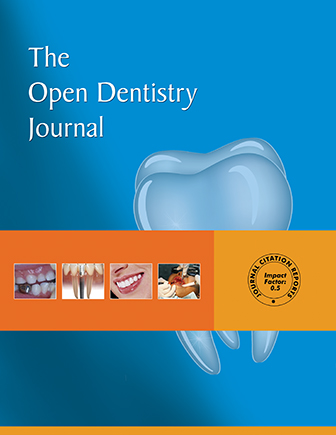A Narrative Review of the Prevalence of Periodontitis in Saudi Arabia: A Proposal for a National Oral Health Research Agenda for Vision 2030
Abstract
Objective:
The objective of this narrative review is to summarize the current knowledge on the prevalence of periodontitis in the Kingdom of Saudi Arabia (KSA) and to make recommendations for monitoring and improving oral health in the KSA population.
Background:
Periodontitis is a significant health issue in the general population, so conducting routine public health surveillance for this condition is important in every country. KSA is currently implementing a strategic plan called Vision 2030 which aims to improve many of the country’s infrastructures, including healthcare.
Methods:
To conduct this narrative review, Google Scholar (GS) was used to search for peer-reviewed articles on the prevalence of periodontitis in KSA. No limits were placed on the year of publication, but only articles translated into English were considered. Search terms used included “Saudi Arabia”, “periodontitis”, “surveillance”, “prevalence”, “rates”, “oral health” and “dental”.
Results:
The earliest estimate identified was from 1992, in which the rate of lack of periodontal health was estimated to be 90% in KSA residents aged 25 and over. A more recent estimate reported rates around 50%, but used a different case definition. Studies on tobacco use, periodontal health and KSA established that how tobacco is used strongly influences periodontal status. Other dental studies in KSA focus on other topics. The Saudi Health Information Survey (SHIS) conducted in 2013 asked oral health questions, but did not seek to estimate the rates of periodontitis in KSA.
Conclusion:
The World Health Organization’s (WHO) recommendations suggest that KSA should conduct research to develop surveillance case definitions of periodontitis that will have specific utility in KSA, and can be standardized to compare KSA rates with the rates worldwide. The existing surveillance definitions and efforts in other countries have been considered less than optimal, so research is needed to inform KSA’s effort. Recommendations are made for a national oral health research agenda in KSA under Vision 2030.


